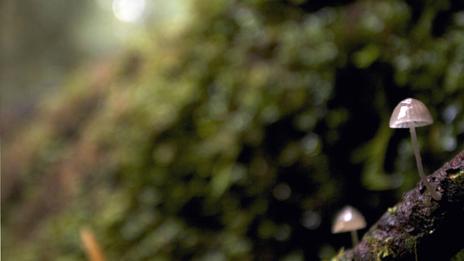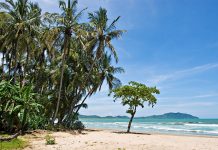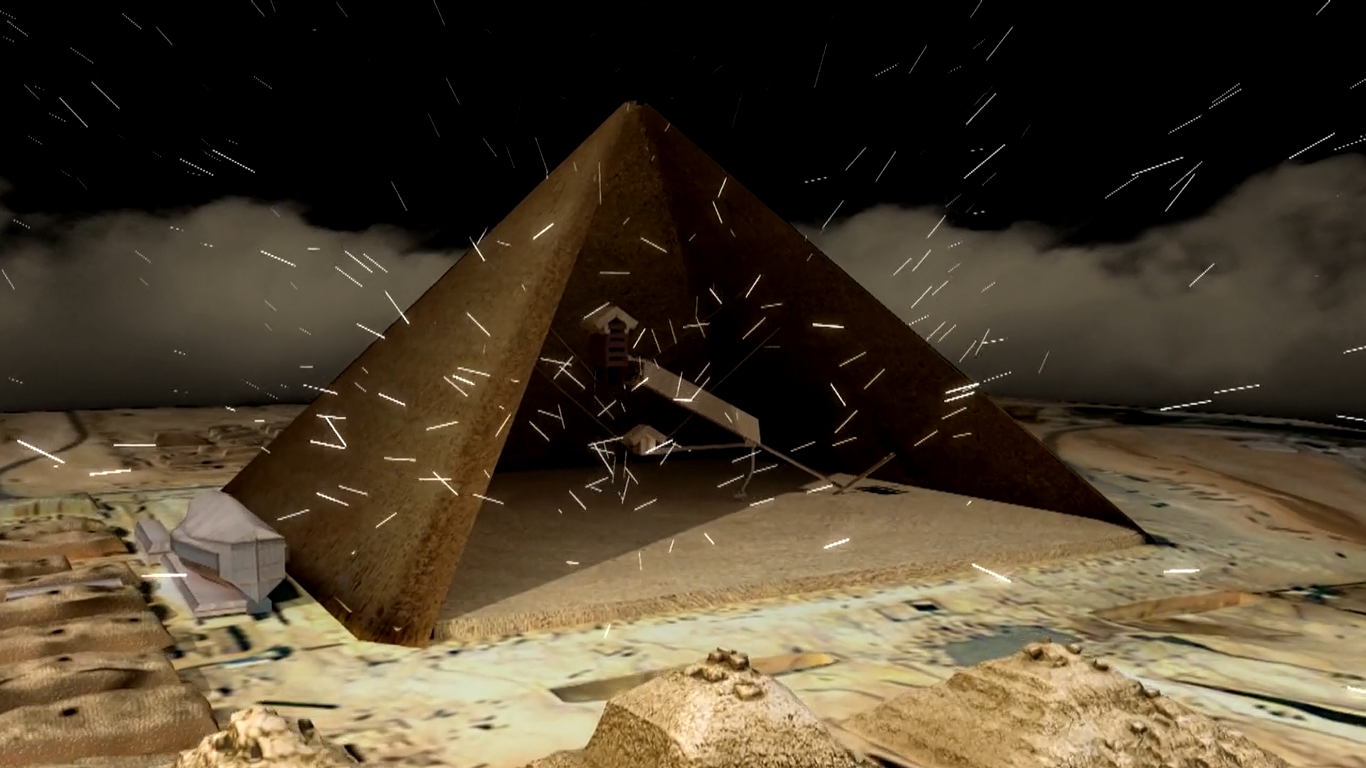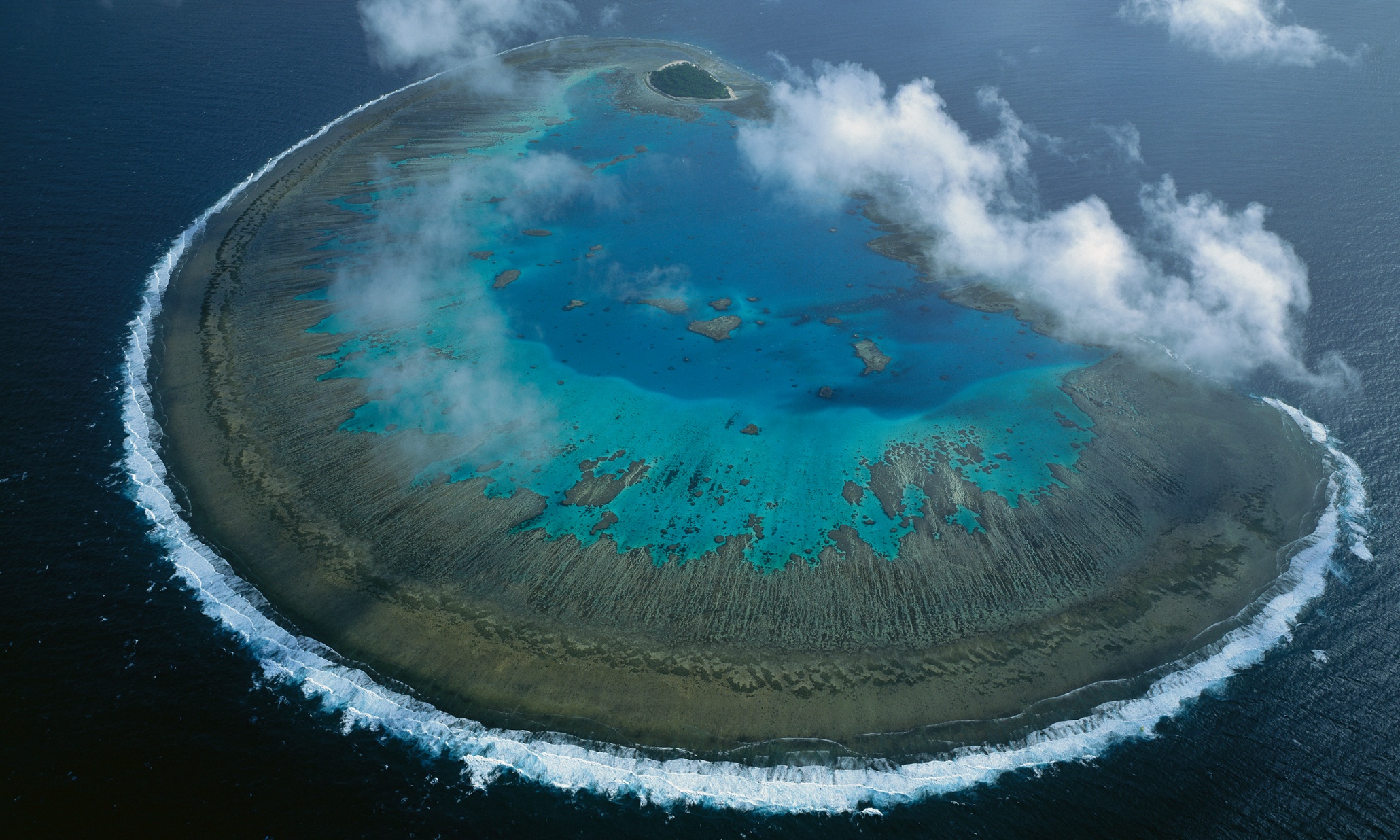This post may contain affiliate links. We may earn money or products from the highlighted keywords or companies or banners mentioned in this post.
Meteors streaked behind the silhouettes of 250ft-tall Douglas firs. The night sky over the Hoh Rainforest burned bright, achingly beautiful. Still, I closed my eyes.
I hiked here to listen, not to look.
Olympic National Park has dominated the thumb of Washington state’s “mitten” since 1938. A Unesco Biosphere Reserve and World Heritage Site, it protects the hemisphere’s best and largest swathe of virgin temperate rainforest. Ferns and fungus bloom everywhere, even sideways on trunks, while moss and lichen layer Grinch beards along bigleaf maple branches thicker than most trees.

- Where mushrooms thrive. (Amanda Castleman)
But even more interesting to me was the soundscape. Natural noises flow undisturbed by humans for quarter-hour stretches here. In fact, the park ranks first among the last dozen places like this in the continental United States. Nowhere in Europe does quiet – the undisturbed heartbeat of the land and its animals – still reign to such an extent. Activists are now pushing to make the Hoh the world’s first quiet zone, the sonic equivalent of a Dark Sky Reserve, by the park system’s centennial in 2016.
They already have a small, unofficial foothold to build upon. Ten years ago, Emmy-winning acoustic-ecologist Gordon Hempton created The One Square Inch of Silence project to conserve this resource. He persuaded three airlines – Alaska, Hawaiian and American – to reroute training and maintenance flights around the quiet bastion of the park, specifically a spot the size of two postage stamps. “From a quiet place, you can really feel the impact of even a single jet in the sky,” he said. “It’s the loudest sound going. The cone of noise it drags behind it expands to fill more than 1,000 square miles. We wanted to see if a point of silence could ripple out in the same way.”

- The rock that marks the Inch of Silence. (Amanda Castleman)
The Hoh rainforest was already ahead of the game, before the inch and new quiet-zone campaign. Sandwiched between the Pacific Ocean and the Olympic Mountains – 160 miles from Seattle’s urban area – the area is cloudy 239 days a year, which suppresses noise and discourages flight-seeing tours. No highways, navigable rivers or utility rights-of-way intrude, and the region lies west of the major cross-country flight paths. But the Federal Aviation Administration (FAA) still routes passenger and military planes overhead. “It makes no attempt anywhere to avoid a national park or wilderness area,” Hempton said. “That’s why we’re pushing for legislation to put noise pollution on the FAA priority list and create a no-fly zone.”
Before my visit, I had read review after review bemoaning jet traffic at the inch. “Talk about over-sensitive,” I’d thought. “How loud could it be?”

- The Hoh River. (Amanda Castleman)
I took a winter hike to find out, 3.2 miles up the Hoh River Trail. An eraser-sized, salmon-coloured rock sat on a mossy log, marking the inch. Normally an urn contains people’s thoughts on silence, but someone had vandalized it, leaving just a Ziploc baggie of blurred, dissolving paper and a ghostly, bleached photo. Planes dopplered overhead, low, loud and frequent enough to suggest war-game dogfights concealed by the thick, rainforest canopy. Their thrusters ripped the otherwise hushed and natural soundscape, overpowering the odd chirp and “cr-r-ruck” of birds. I felt as dishwater grey as the sky. I didn’t even smile at a great blue heron, as it beat through the dusk like a pterodactyl.
What day reduced, night illuminated, though. My friend Madeline and I camped two miles away from the inch, along the Hoh River, one of 11 that radiate like spokes from the park’s central mountains. It chuckled along, occasionally growling as it tumbled cobblestones in its deeper channels.
The sun set at 4:18pm, the earliest nightfall of the year for Washington. As the sky bruised, the temperature dropped to freezing and frost filigreed the tent. The high humidity soaked the cold right into our bones.













